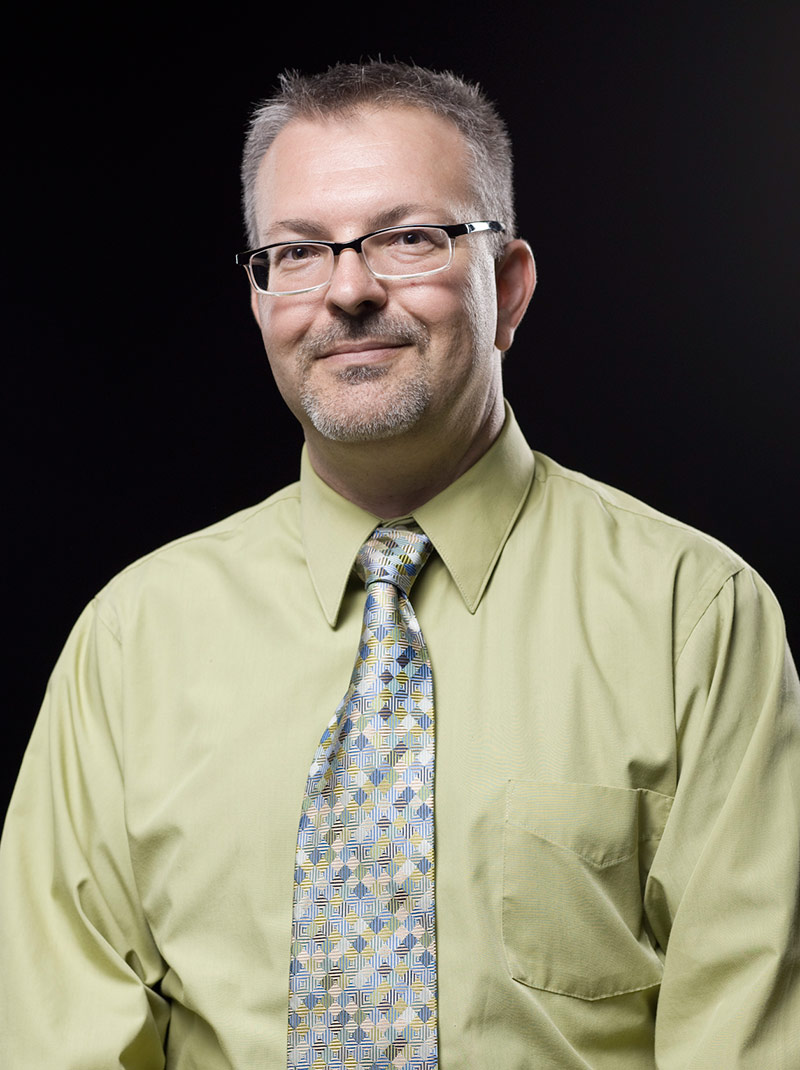Dr. Michael Howell has taught at Appalachian since 2008. A former therapist and foster care social worker, he also worked 10 years in the Child Welfare and Family Services Division at the Guilford County Department of Social Services in Greensboro and High Point.
What excites or inspires you about the field of social work?
A good number of our students decide to major in social work because they have had positive experiences with professional social workers – very often one who has directly helped the students or the students’ families. I never stop being inspired by those “a social worker made a difference in my life” stories. I know that our students, when they are in field placement and as alumni, are creating those experiences for their clients. When I was a child welfare worker, knowing I was helping families and making a difference to children motivated and excited me, and got me through the rough days.
What resonated with me about social work when I became a BSW student, then a MSW student, and then a Ph.D. student still resonates with me now: that the world is an unfair place where people don’t have the same economic or social advantages, that not every group is appreciated and valued and some are marginalized and left behind, but that social work can and will help change that world. After more than 100 years, social work has never given up and said, “It just can’t be done” but says instead, “It will be done.” That kind of optimism is inspiring, exciting and motivating. Social workers help change the world every day, with every helpful and positive thing they do, in whatever kind of work they do.
Why did you choose to come to Appalachian to teach?
I’m from Davie County, just down the road, and I knew when I left to go earn my Ph.D. that I wanted to come back to North Carolina and teach and live. I love North Carolina and always missed it.
What is your research specialty and how does it fit into and/or strengthen your teaching?
I’m interested in so many things that it is hard for me to think of myself as having a specialty. A lot of my recent work with colleagues has focused on sexual orientation microaggressions that LGBT students experience in the college environment. We’ve been working on understanding students’ experiences and finding lessons in them to share with colleges to help ensure future students have more positive experiences. I’m also doing work right now on bullying that happens in college.
After becoming a professor, I started to be drawn more and more to learning about how students learn and what I can do as an instructor to encourage and support learning. I try to strengthen my teaching by incorporating evidence-based strategies known to improve learning into my classroom teaching.
What role does research play in the profession, and therefore, in students’ education?
Most students would rather talk about helping clients and “doing social work” than talk about research. But research is now part of “doing social work.” Because practice in social work is based on solid research, the contemporary professional social worker must be an informed research consumer – able to find research, make sense of research findings, understand the research methods that produced them, and judge the quality and value of all of it as it relates to their work – and sometimes even a producer.
I think my “real world” experiences with research and being able to talk about those in class help students connect with research, feel less intimidated, and see why it’s something that really will be important in their practice after they graduate.
What do you hope students take away from the classes you teach?
As an undergraduate, I remember taking courses where, after the end of the semester, my overall impression was “what a waste of my time and tuition.” I want students to leave my classes feeling like they know more than they did when they started and that what they learned is going to be helpful to them as social workers.
I want them to feel proud of the work they completed and that the time they invested in assignments was well-spent helping them in their development. I love hearing alumni tell me that things they learned in their classes really helped and that they remember them years later.
Why should a student interested in a social work degree choose Appalachian?
There are two groups to highlight that make our program particularly special. First, our social work majors are some of the finest, amazing, most caring, hard-working and successful students at App. They want to help people, impact their communities and change the world – and they are actually doing it as students and alumni! Second, our amazing full-time and part-time faculty share the same desires for helping and change, are experienced professional social workers and great role models. They know how to prepare our students for the work ahead because they have done it. They bring their knowledge, experience, and social work and teaching skills into the classroom every day, educating our students and preparing them for graduate school and professional practice once they graduate. They are also seasoned researchers and scholars, making contributions routinely through their research endeavors.

